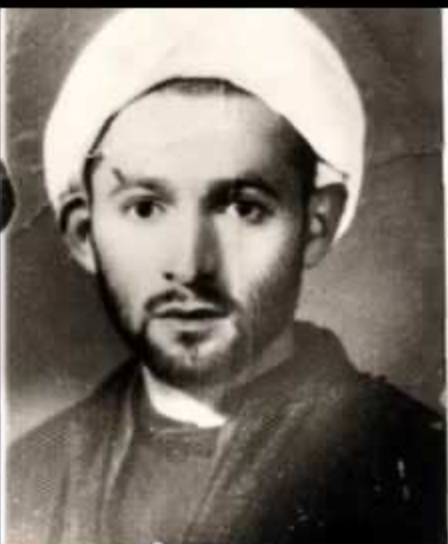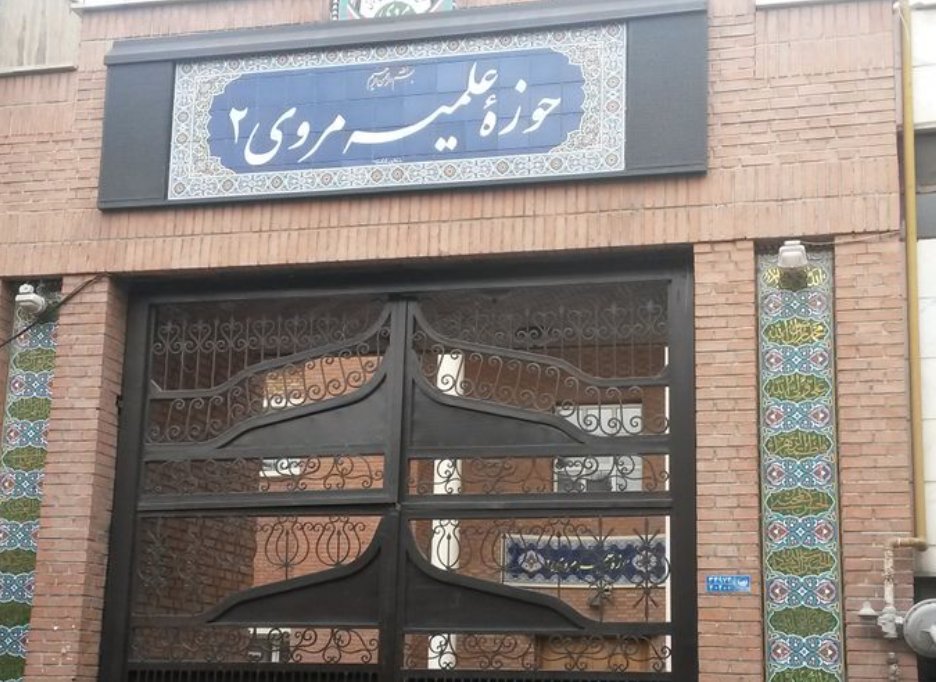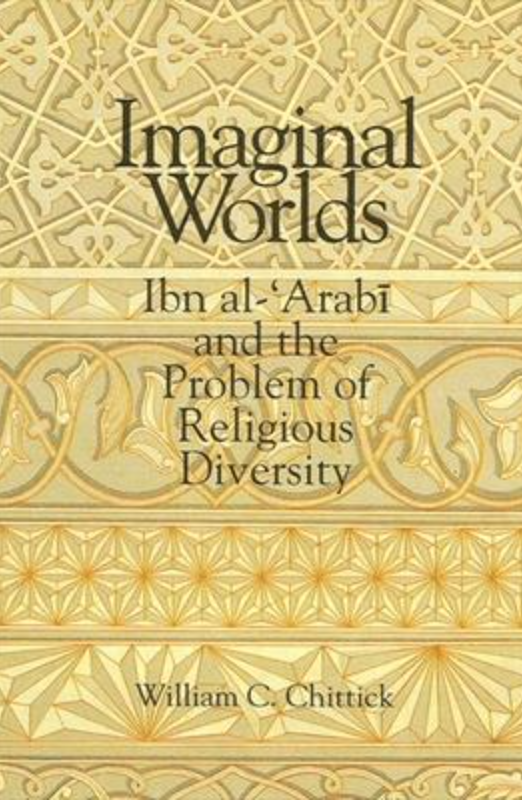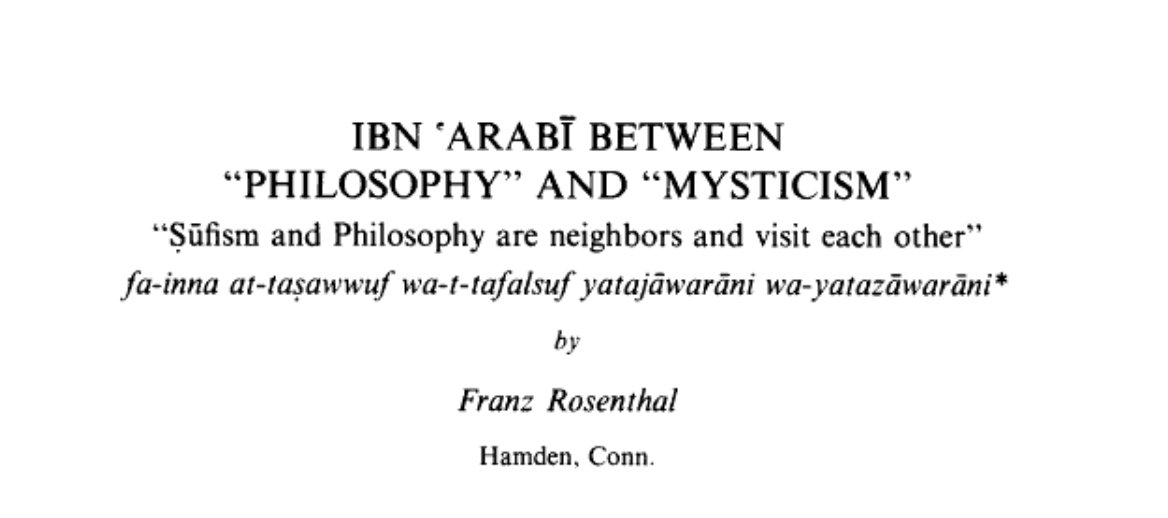
The influence of Immanuel Kant on modern philosophy cannot be underestimated - a thread on #Kant in #Iran
Often in academic departments of philosophy (#analytic but also beyond) #Kant is the key figure if the modern period 2/
He represents a systematic approach to philosophy, to metaphysics, ethics, and much beyond covering theoretical and practical philosophy displacing #Aristotle 3/
It is therefore that Kantian heritage that is as much involved in our language of philosophy, theology and the wider #humanities as was #Aristotle 4/
For a number of non-European thinkers - and despite Kant’s implication in the European project of philosophy that othered the non-West as shown by Bernasconi and Park among others - Kant remains the #philosopher displacing #Plato and #Aristotle 5/ 

Bernasconi shows the problem within the enlightenment in this piece radicalphilosophy.com/article/will-t… 5a/
The response to the revival of the #Platonism in modern Iran that is reflected in the politics of #velayat_e_faqih has been a turn to different philosophical systems 6/
Some of these seek solace in the new age and forms of esotericism that are both internal and external to Iranians culture in modernity - as discussed by @docstobar 7/ 
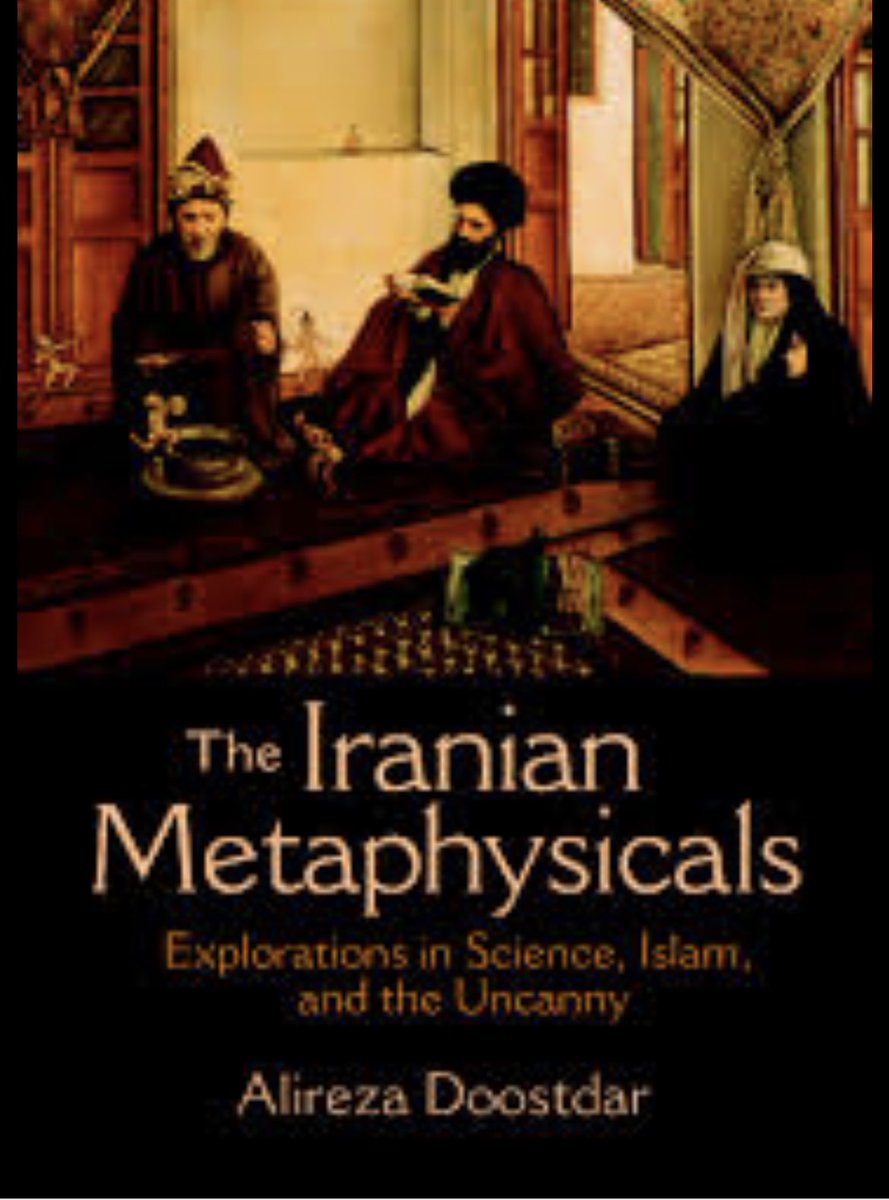
Others reject the systematic approach to philosophy on pursuit of #pragmatism and #poststructuralism and postfoundationalism that decanters #metaphysics 8/ 

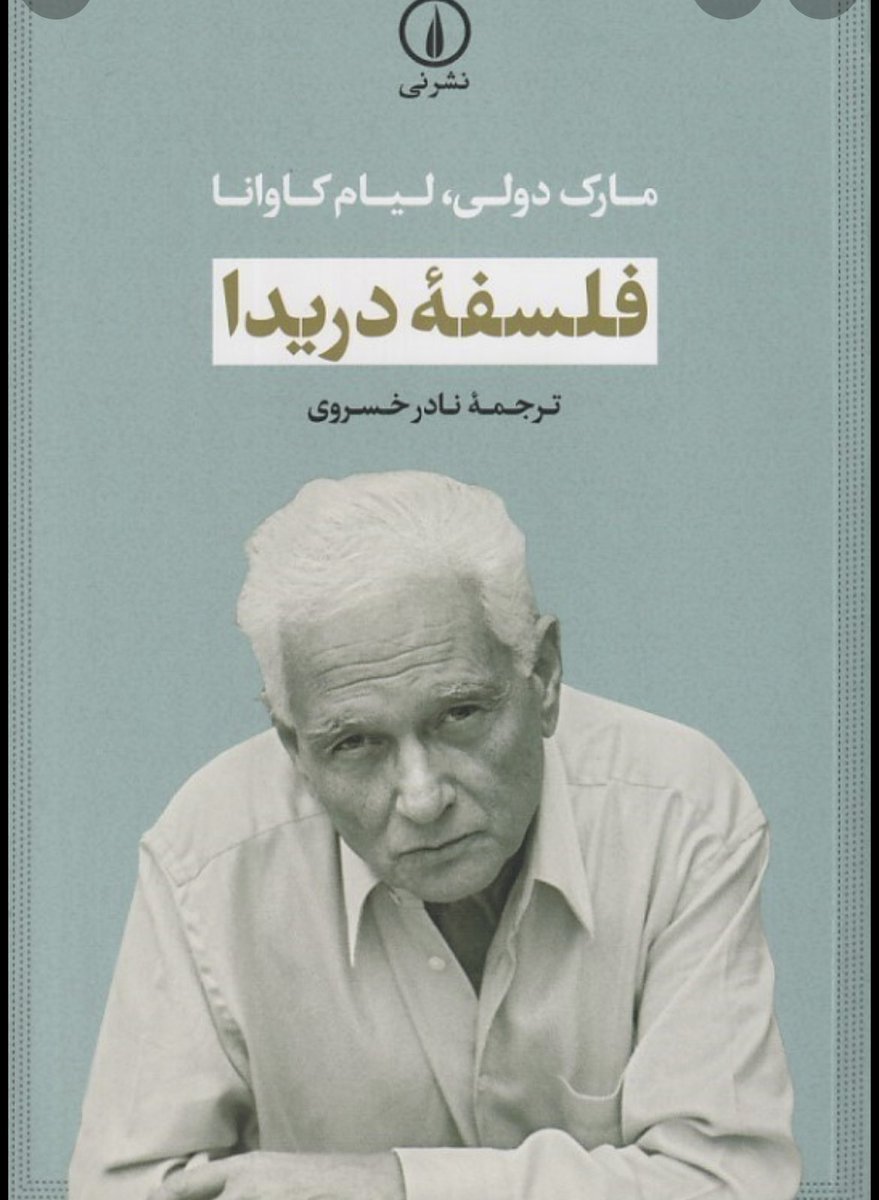

Other popular alternatives have been the systematics of German #idealism #phenomenology and #Kant 9/
Unsurprisingly much of the #Kantian corpus has been translated and discussed in Persian - a good study is Seidel 10/ 

Most recently we find a translation of the Prolegomena to a Metaphysics of Morals by Sayyed Masoud Hosseini (b. 1987) who did his PhD at Tehran on German philosophy nashreney.com/translator-boo…سیدمسعود-حسینی/ 11/ 



His translation has recently been printed by Nashr e Ney one of the leading publishers of philosophical translation along with Hermes and others 12/ 






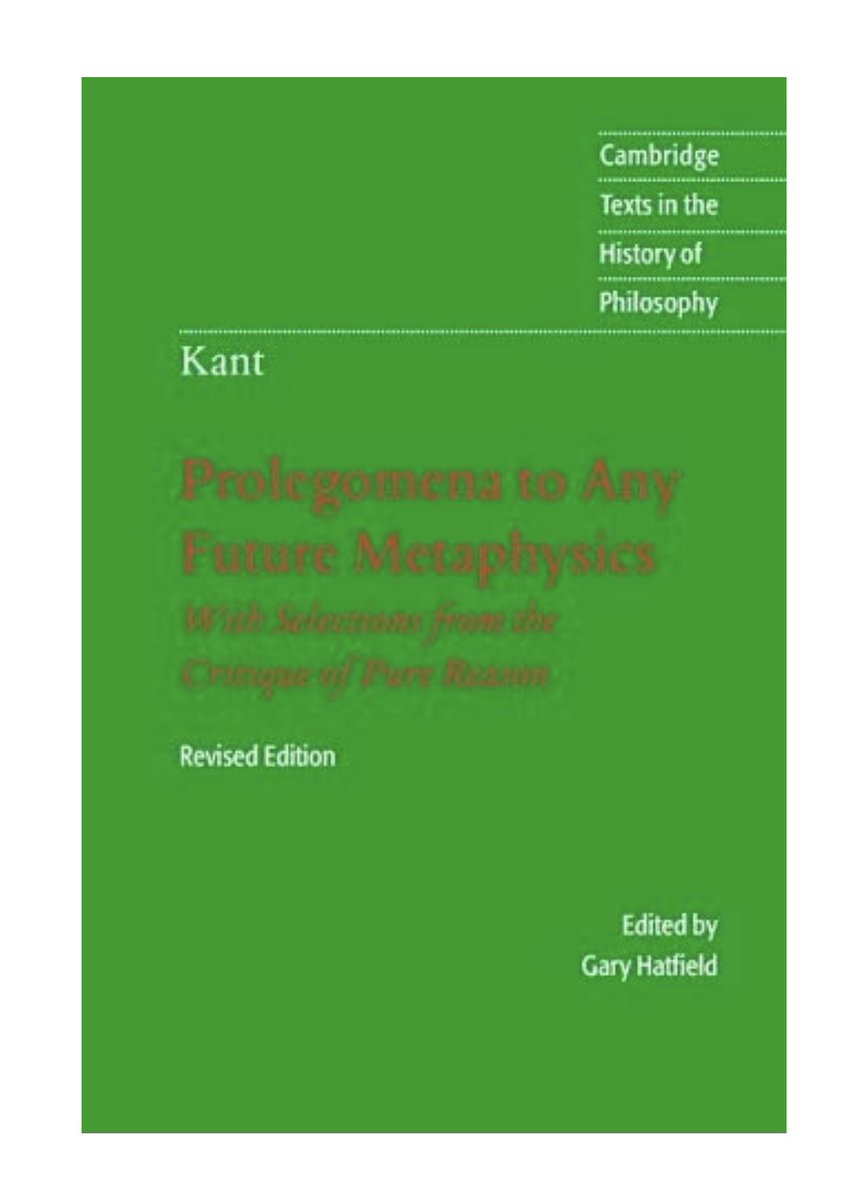
Before this as a professional translator he has rendered a number of works in German philosophy including the relevant entries from the Stanford Encyclopaedia of Philosophy 13/ 



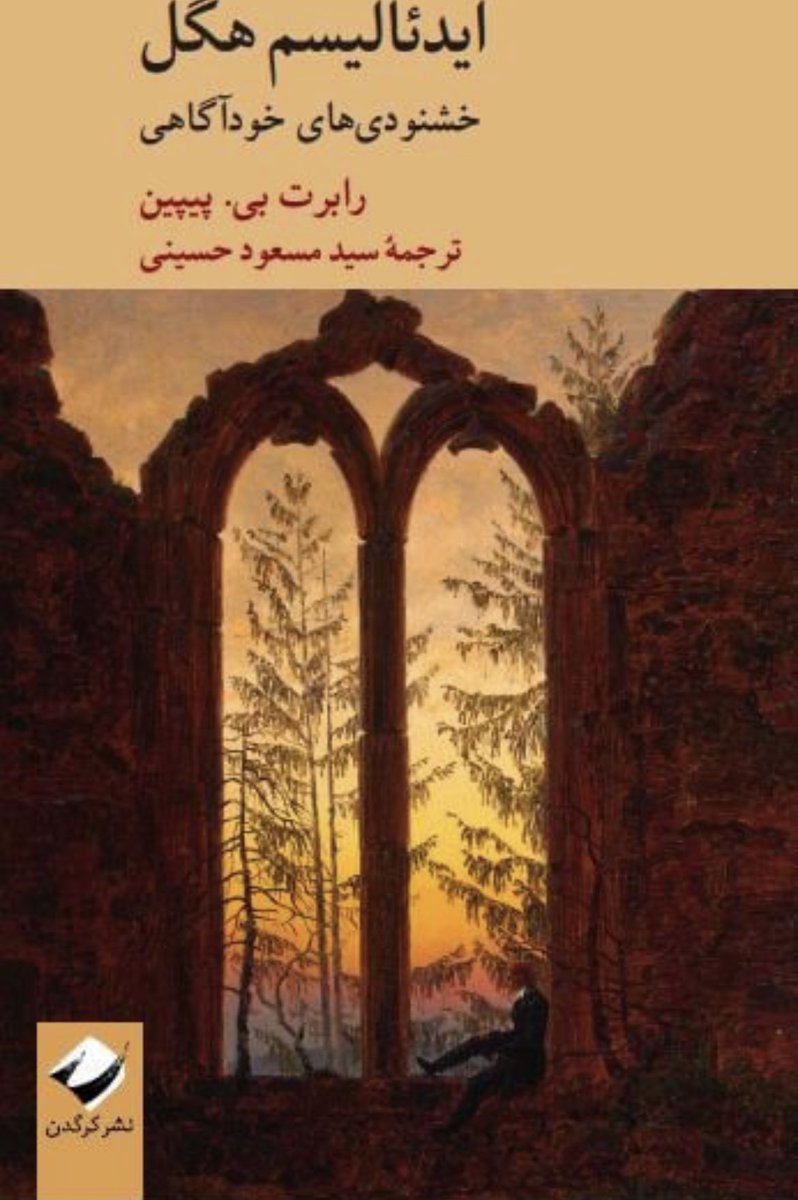
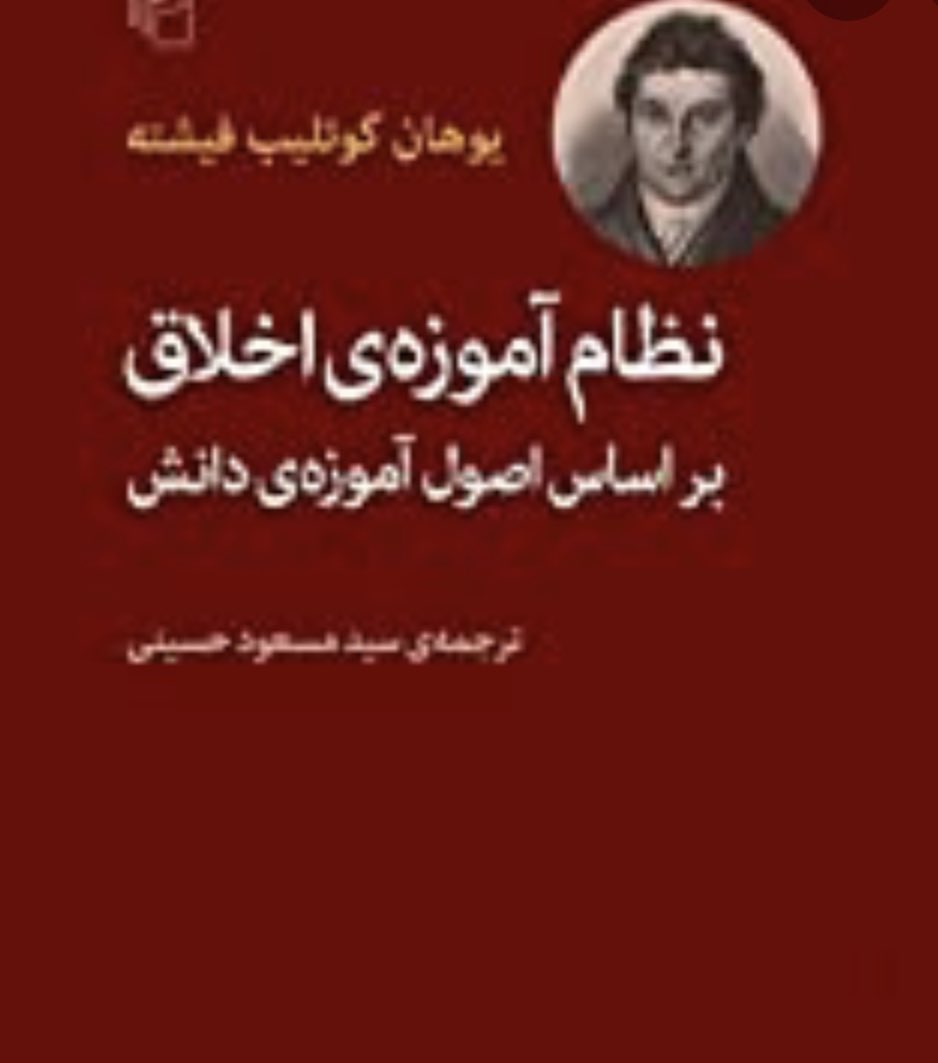


Perhaps one could ask why this work of Kant? Part of it has to do with the pursuit of philosophy as indicated in this interview on #Hegel cgie.org.ir/fa/news/264160/گفت%E2%80%8Cوگو-با-سید-مسعود-حسینی،-پژوهشگر-فلسفه-به-مناسبت-ترجمه-«پدیدارشناسی-روح»-هگل 14/
But no doubt another issue is what seems like the urgency of the ethical issue - that seems most immediate - and the concern to consider whether there might be metaphysical foundations to it 15/
Not least in a world where the moral evils of war and brutality alongside the natural evils of covid and famine seem to be as much of our world as questioning #metaphysics 16/
Kane’s text is perhaps best known for the categorical imperative: Act only according to that maxim whereby you can, at the same time, will that it should become a universal law 17/
And given the context of the reform movement in Iran in which Kant remains important for those offering a more foundational approach to metaphysics and ethics, then the publication seems quite appropriate 18/
As long as philosophy remains a fundamental pursuit of systems of thought, conceptual frameworks and a desire to see foundational and connected modes of knowledge Kant will remain at the heart of the Iranian discourse 19/
• • •
Missing some Tweet in this thread? You can try to
force a refresh











